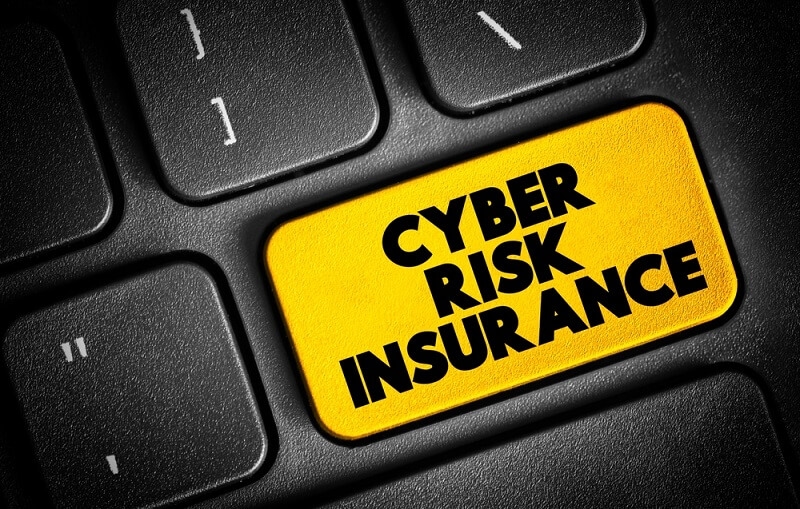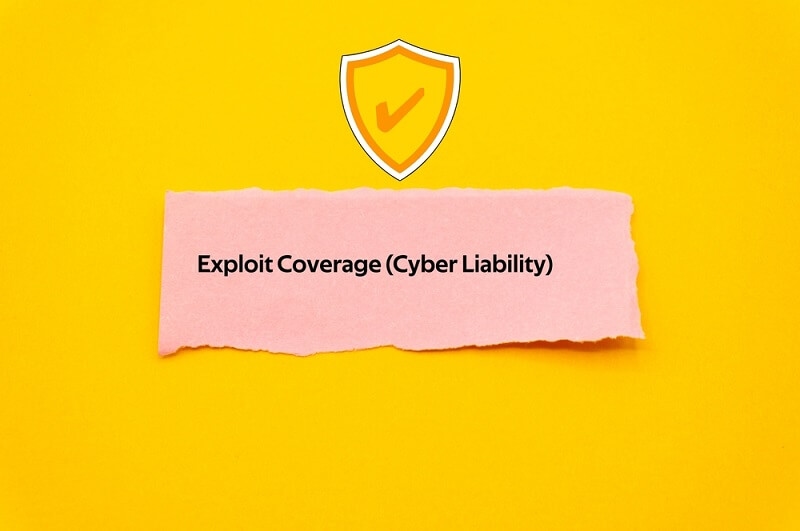
In the digital-first economy of today, small businesses are more exposed than ever to cyber attacks. Whether you store customer information, handle payments online, or employ cloud services, your operations are at risk at all times. That's why cyber liability insurance for small businesses is not only a choice but a necessity. With expanding worries over online data security and mounting cases of cybercrime, it's high time for all small business entrepreneurs to take a closer look at their digital risk management approach.
This blog explores why cyber liability insurance for small businesses is critical, what it covers, and how it supports data breach response and other security measures. If you're a small business navigating today’s complex cyber landscape, you’ll find this guide invaluable.
While news tends to emphasize cyber attacks against large businesses, small companies are more and more in the line of fire. Why? Because they usually don't have the secure infrastructure that larger enterprises employ to safeguard data online and manage digital risk.
Regardless of your size, if you keep any form of digital information—be it customer contact information, payment information, or employee data—you're vulnerable. And without cyber liability insurance for small businesses, recovery can financially ruin you.
Cyber liability insurance is a specialized policy used to safeguard companies from losses due to online threats. These types of policies offer essential financial assistance for costs involving:
Acquiring cyber liability insurance for small business owners guarantees that they aren't alone in dealing with the consequences of a cyber attack.

To decide if this type of insurance is appropriate for your business, you must know what it covers. Below are some typical areas:
One of the key components of any small business cyber liability insurance policy is data breach response assistance. These expenses add up rapidly—between notifying customers, offering credit monitoring, bringing in legal assistance, and coping with PR backlash, small businesses can be sunk before they know it.
Cyber attacks extend beyond data theft. They encompass ransomware, denial-of-service (DoS) attacks, phishing cons, and malware infections. Cyber attack insurance provides assistance with system restoration, forensic examination, and even ransom payment if relevant.
If your company is in healthcare, finance, or another regulated industry, you might be fined handsomely for not protecting data adequately. Cyber liability insurance assists you in addressing the legal and regulatory threat once a breach has occurred.
With no in-house IT staff, most small businesses are not equipped to deal with cyber threats. These are some of the most prevalent risks:
Small biz IT coverage is made necessary by these threats. A simple firewall and antivirus software aren't sufficient in the current environment. That's why a lot of small businesses today integrate digital risk management with insurance policies to provide full-spectrum protection.
Here's a speed test. If you answered "yes" to any of the following, you require cyber liability insurance for small business:
If the response is yes to even one, your company is compromised—and cyber liability insurance might just rescue it from total shutdown.
A policy is usually activated when a company suffers a covered cyber incident like a breach, ransomware demand, or systems attack. After reporting to your insurer, this is what typically occurs:
A forensic IT unit will identify how the attack occurred and what was affected.
Damage is quickly mitigated, from powering down infected systems to stopping further loss of data.
The policy includes informing the affected parties and regulatory agencies, as legally necessary.
In the event of legal claims or fines, the policy covers attorney fees, settlements, or judgments.
Some policies also offer PR assistance to restore your company's reputation.
This organized method provides small business owners with a sense of calm—knowing they're not going through the aftermath by themselves.
Digital risk management is the act of detecting, evaluating, and reducing digital threats. Digital risk management, while cyber liability insurance for small businesses is reactive, is proactive.
Key components include:
Insurance is more effective when combined with a good risk management plan. Indeed, most insurers give discounts in premium if you have good digital defenses in place.
Think of a neighborhood store that didn't buy cyber attack insurance. Following a ransomware attack that froze them out of their POS system, they had to shell out thousands in ransom and lost weeks of sales. Better yet, customer information was posted online, and they were subjected to a class-action lawsuit for not having protected it.
With cyber liability insurance for small businesses, the story would’ve been very different. Insurance could’ve covered the ransom, legal fees, and even crisis communication with customers.
Myth #1: “I’m too small to be a target.”
Fact: Small businesses are more likely to be targeted because they often lack strong defenses.
Myth #2: “My general liability insurance covers cyber threats.”
Fact: The majority of general liability or business owner policies don't cover cyber threats. You must have cyber liability insurance for small business to be protected.
Myth #3: "We use cloud services, so we're safe."
Fact: You're still liable for safeguarding the data you keep. Cloud providers transfer some risk but not all of it.
Not all policies are created equal. Here's what to look for when shopping around:
Consulting with an insurance advisor will help you customize coverage to match your needs.
You still need to do your part even if you have small business cyber liability insurance:
These changes improve your ability to prevent incidents and reduce your insurance premiums.
Absolutely. In today’s digital world, cyber liability insurance for small businesses isn’t optional—it’s fundamental. It complements your online data protection efforts, reinforces your digital risk management strategy, and ensures you’re financially prepared to face inevitable cyber threats.
It is cheap compared to the financial ruin that comes from a cyber attack. Whether you are an e-commerce business, a small service company, or a new startup, this protection ensures your business has a safety net to ensure it stays alive—and thrives.
Securing your small business in today's interconnected world takes more than robust passwords and virus software. With the increasing threat of ransomware, data breaches, and online extortion, cyber liability insurance for small businesses is an essential part of contemporary risk control. Pair it with wise policies, informed employees, and secure systems, and your business will be ready to face whatever digital dangers come its way.
This content was created by AI